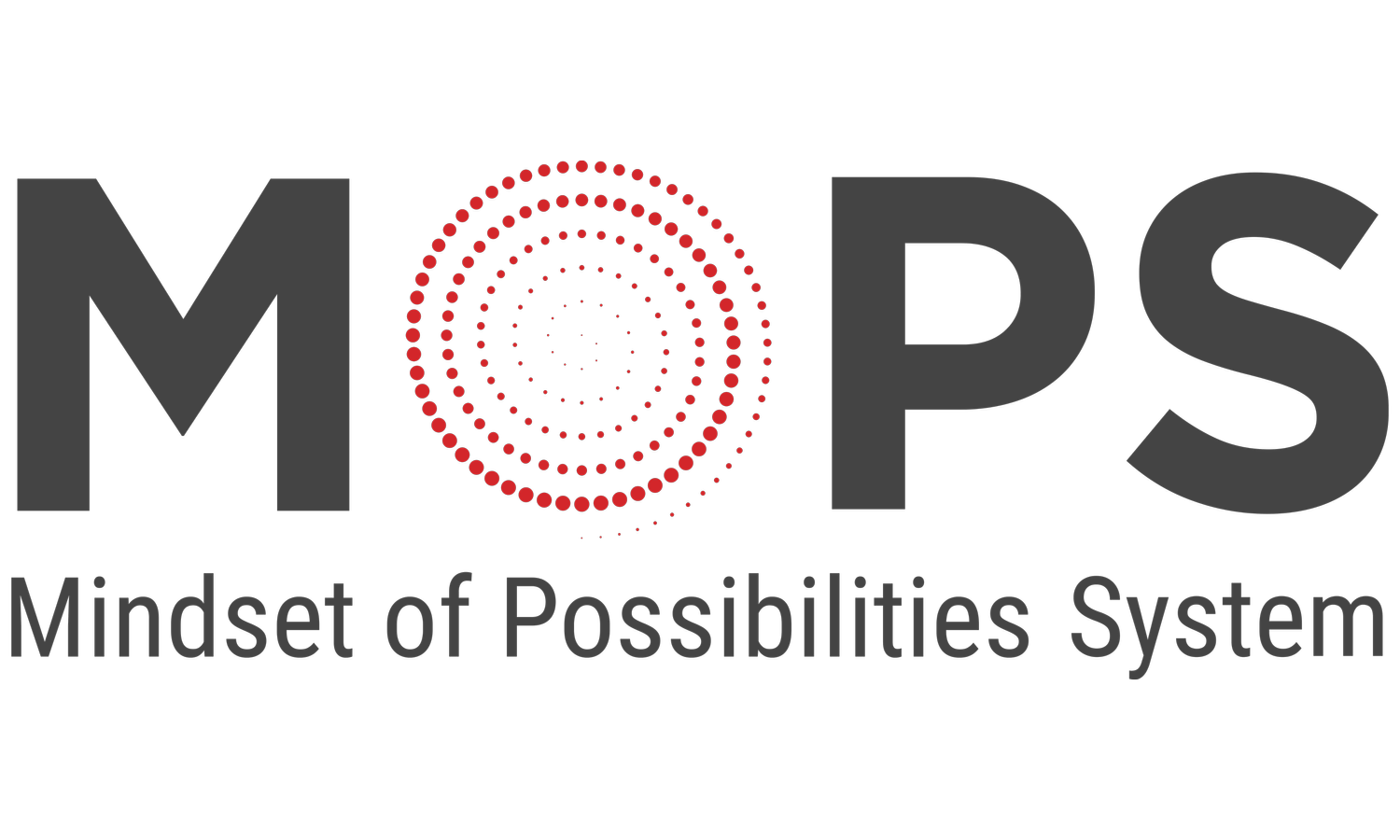The Hidden Influence of a Tiny Choice
What if a single choice could redefine your destiny?
While working for a multinational corporation, Erika conceived an innovative strategy to boost revenue without increasing team costs. Collaborating with a colleague, she meticulously crafted a proposal for global scalability, an essential factor for any international enterprise. Eager to present their groundbreaking plan to four global directors, Erika anticipated constructive feedback on its potential impact.
However, the response was unexpected. A few days later, the directors dismissed the proposal, not for its content, but due to critiques of Erika and her colleague's written English. Erika was stunned. “Yes, my English could improve, as it is not my first language,” she thought, “but what about the program's merits? Who wouldn’t want to increase revenue without additional costs?”
At that pivotal moment, Erika faced a decision: should she feel offended by the superficial feedback, or should she seek to understand its underlying value? We have all encountered such crossroads, where emotional responses can shape the trajectory of our lives. Had Erika chosen offense, she might have abandoned the program, letting frustration overshadow its potential. Instead, she embraced the challenge, recognizing an opportunity for growth. She committed to enhancing her corporate communication skills, investing two years with an English coach.
This decision proved transformative. The directors eventually approved the program, which generated a 35% revenue increase, a success that continues to this day. Years later, Erika evolved into a best-selling author and TEDx speaker. Imagine the alternative: what if she had let pride dictate her path?
This narrative reflects a profound truth echoed in science. In 1961, MIT meteorologist Edward Lorenz discovered what we now call the butterfly effect while running weather simulations. A seemingly insignificant adjustment, rounding off a decimal, led to drastically different outcomes. This became the foundation of chaos theory, illustrating how small causes can have monumental effects. Lorenz likened it to a butterfly flapping its wings in South America, subtly altering atmospheric conditions that could culminate in a hurricane in Texas.
Psychologists have since adapted the butterfly effect to human behavior, emphasizing how minor decisions can catalyze life-altering changes. Erika's choice to embrace constructive criticism over defensiveness exemplifies this principle in action.
But why is this so challenging? Traditional education systems condition us to conform rather than cultivate critical thinking and emotional resilience. For twelve formative years, students are directed on what to learn, how to behave, and what success looks like, often suppressing individuality and discouraging risk-taking. This environment fosters a fear of failure, making it challenging to process setbacks constructively.
Consequently, when faced with real-world challenges, like negative feedback, many feel ill-equipped to respond productively. Instead of viewing criticism as a growth opportunity, they internalize it as a reflection of their worth, perpetuating a cycle of self-doubt.
In today's VUCA (Volatile, Uncertain, Complex, Ambiguous) world, a term coined by Warren Bennis and Burt Nanus in 1987, leaders must cultivate environments where individuals are empowered to make thoughtful decisions amidst uncertainty. The ability to adapt, learn, and grow from small, seemingly inconsequential choices is more critical than ever.
Every decision, no matter how minor, holds the potential to create a ripple effect. Your choices today could be the catalyst for transformative change, not just for you but for your organization and beyond.
What if your next small decision became the turning point of your leadership journey?
